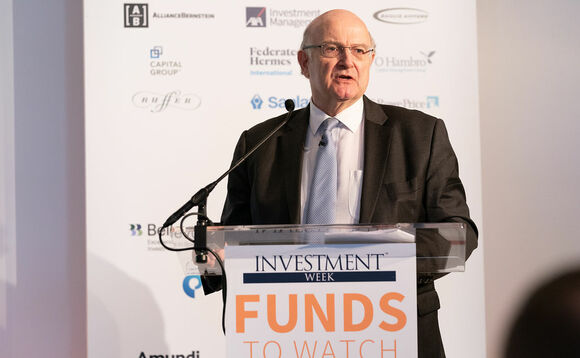The economic implications of inflation today are strikingly similar to those triggered by the supply shocks of the 1970s, according to economist Roger Bootle, who spoke at the Funds to Watch Conference held on 3 March 2022.
According to Bootle, the nature of the phenomenon today means it will likely become "stagflationary" as upward shocks to prices drive inflation higher at the same time downward shocks impact "real" activity.
Indeed, "real inflation" will likely spell bad news for equities, he said, as asset prices face a major challenge from real hikes to interest rates.
Commodity prices will continue to be driven higher by war in Ukraine, mimicking the "real events" that took place in energy markets nearly 50 years ago.
Subsequent changes to policy are what impacts asset prices, according to Bootle: "It is the policies put in place to bring inflation down which really do to the damage."
Refinitiv: Portfolios look exposed to inflation risk
He went on to explain that, historically, when inflation rose, too much emphasis was placed on money supply factors. The modern day requires a more nuanced examination of events.
Whereas the institutional architecture used to be "pro inflationary", now, across the UK, Europe and the US, money supply has expanded as governments injected capital into economies in response to the pandemic.
"Central banks have been remis in not taking enough notice of this, though it is not the only thing going on," he said.
While today there is monetary and fiscal expansion, and an extremely tight labour market, according to Bootle, it is not the same "inflation-generating machine that existed in the 1970s."
Unemployment is forecast to remain far lower than in previous years. But in the process of bringing inflation down, asset prices will likely suffer.
"We must establish real interest rates which is going to mean some significant and painful rises in nominal rates that will deliver a blow to all asset prices," said Bootle.





